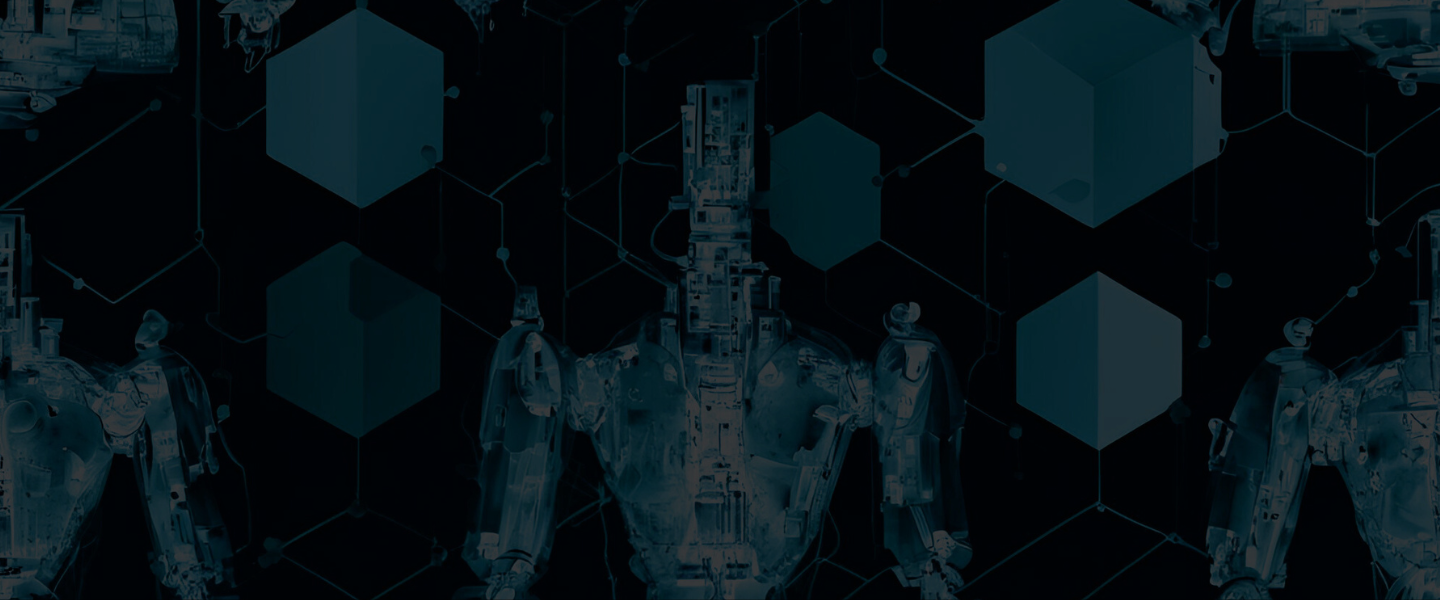We are delighted to welcome you to our AIchemy Hub’s monthly webinar series.
This month’s talks:
Prof. Keith Butler – University College of London
Talk Title: Retention Is All You Get (But Maybe It’s All You Need): Using Large Language Models to Design and Discover New Materials
Large language models (LLMs) have transformed how we work with text, but their underlying mechanism, autoregressive next-token prediction, naturally extends to any domain that can be expressed as a sequence. In this webinar, Keith will explore how this paradigm can be repurposed for chemistry and materials science by treating crystal structures as a “language” and training LLMs to generate them.
He will discuss his recent work developing CrystaLLM, an autoregressive model trained on large collections of crystallographic data. The model learns the statistical grammar of known materials well enough to generate syntactically valid and chemically plausible crystal structures. However, detailed interrogation shows that the model’s apparent creativity is predominantly driven by retention, recombining motifs seen in its training data rather than building a genuine, generalisable “world model” of chemistry. This distinction is important for how such models are interpreted and deployed in discovery workflows.
Keith will then introduce his team’s latest extensions using conditional generation, which allow them to steer the model with property targets or experimental measurements. This approach does not magically endow the model with chemical reasoning, but it provides a powerful way to exploit its learned structural priors. He will illustrate this with examples such as conditioning on X-ray diffraction patterns to accelerate structure solution and conditioning on target optoelectronic properties to bias generation toward functional materials spaces.
Overall, the aim of Keith’s talk is to provide a realistic, scientifically grounded view of what LLMs can and cannot do for chemical discovery. These models are powerful tools for pattern learning and hypothesis generation, but they do not yet constitute autonomous scientific reasoners. Understanding this helps researchers design workflows where they offer genuine advantage without overstating their capabilities.
Chris Taylor – University of Southampton
Talk Title: Large-scale Crystal Structure Prediction: Learning from 1,000 molecules and beyond
Computational molecular crystal structure prediction (CSP) is a mature and powerful tool in materials discovery, able to successfully predict and rank the possible crystal polymorphs of a range of functional materials at increasingly large scale. In this talk, I describe our landmark study carrying out thorough CSP explorations on over 1,000 rigid molecules with experimentally-known forms, demonstrating our CSP workflow’s overwhelming success in predicting and ranking known forms, and in rationalising empirical crystal engineering rules. I also demonstrate the potential of such large-scale data generation by presenting a machine-learned energy correction and a message-passing (MACE) neural network potential trained on this data, as examples of the possibilities for employing AI trained on such datasets to empower functional materials discovery.
Speakers

Prof. Keith Butler
Associate Professor in Computational Materials Chemistry

Dr. Chris Taylor
Postdoctoral Research Fellow


